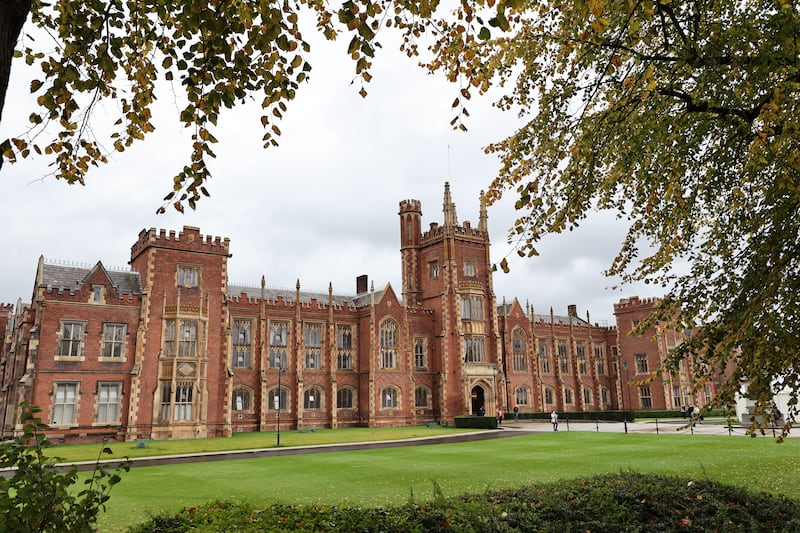A groundbreaking series of discoveries on tumours by scientists in Belfast could revolutionise treatment for bowel cancer patients, it has been claimed.
The insights into tumour biology were made by scientists at Queen’s University, who are seeking new treatment options for a disease that kills around 460 people in the north every year.
Working in partnership with a team from the Cancer Research UK’s Scotland Institute in Glasgow, the scientists identified previously unseen molecular patterns in tumor tissue that indicates risk of disease progression and treatment response.
It has been suggested this could lead to better outcomes for patients as it provides doctors with an insight into which treatments work best for individuals.

Over 1,200 people in the north are diagnosed with bowel cancer annually, and it remains the fourth most common cancer in the UK.
It is thought up to one in 20 people will develop bowel cancer in their lifetime, with around 80 percent of cases happening in people aged 60 and over.
Details of the study have been published this week in the prestigious peer-reviewed journal Nature Genetics.
Dr Sam Godfrey, of charity Cancer Research UK, said: “Cancer is perhaps the most complex disease we face, and no single treatment will ever beat it. Cancer Research UK is delighted to have funded this innovative research, an important step towards giving doctors the insight to see which therapy can best exploit an individual cancer’s weakness.”








